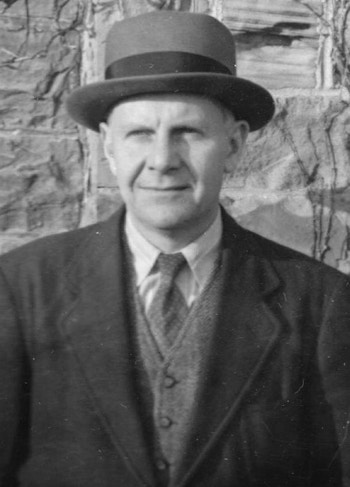
John Crowe Ransom was born in Pulaski, Tennessee, in 1888. He earned his bachelor’s degree from Vanderbilt University, graduating first in his class, and taught school for several years before attending Christ Church at Oxford as a Rhodes Scholar. He began working as an English professor at Vanderbilt, a role interrupted by time spent as an artillery officer during World War I. Back at Vanderbilt, Ransom helped to found the Fugitives, an influential collective of Southern writers with an interest in modernism and a focus on traditional forms and rural Southern culture. Its other members included Allen Tate and Robert Penn Warren. With the Fugitives, Ransom began a poetry practice that resulted in four collections between 1919 and 1927.
After the publication of Two Gentlemen in Bonds (1926), Ransom turned to criticism, confining his poetic efforts to reworking prior poems. His The New Criticism (1941) was a seminal work for generations of scholars and readers: it proposed close reading as an alternative to the then-prevalent critical style based on cultural context and authorial and readerly presumptions about the text. In 1937, Ransom began teaching at Kenyon College, where he founded and edited The Kenyon Review and remained until his retirement. A Bollingen Prize winner, Ransom is also the recipient of a National Book Award in Poetry for 1963’s Selected Poems, the Russell Loines Award for Poetry, and a fellowship from the National Endowment for the Arts. He is primarily remembered as a critic and teacher, with many prominent students including Robert Lowell, E. L. Doctorow, James Wright, and Randall Jarrell.
-
Photo by Robie Macauley, CC BY-SA 4.0, Wikimedia Commons.